Enigmatic gangster Silien may or may not be responsible for informing on Faugel, who was just released from prison and is already involved in what should be a simple heist. […]
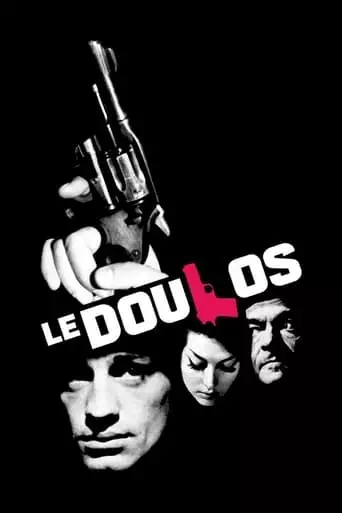
Enigmatic gangster Silien may or may not be responsible for informing on Faugel, who was just released from prison and is already involved in what should be a simple heist. […]
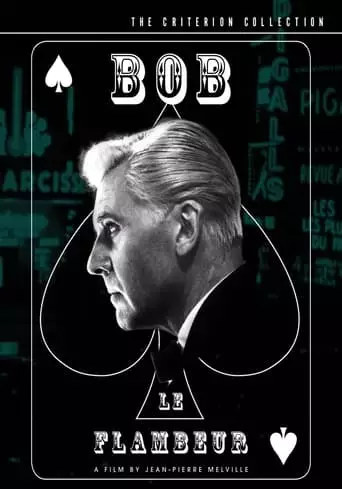
In Paris, Bob Montagne is practically synonymous with gambling — and winning. He is kind, classy and well-liked by virtually everyone in town, including police inspector Ledru. However, when Bob’s […]
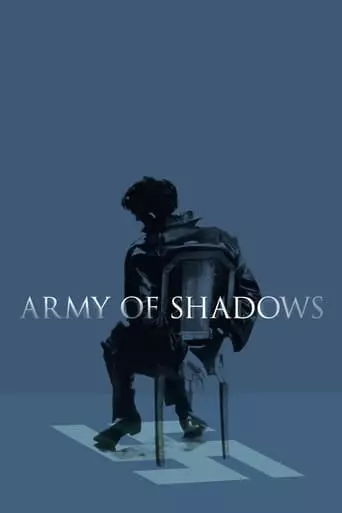
Betrayed by an informant, Philippe Gerbier finds himself trapped in a torturous Nazi prison camp. Though Gerbier escapes to rejoin the Resistance in occupied Marseilles, France, and exacts his revenge […]
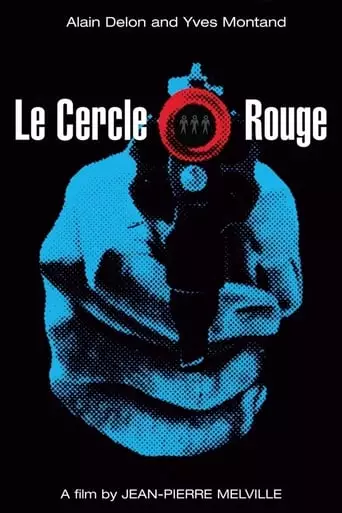
When French criminal Corey gets released from prison, he resolves to never return. He is quickly pulled back into the underworld, however, after a chance encounter with escaped murderer Vogel. […]
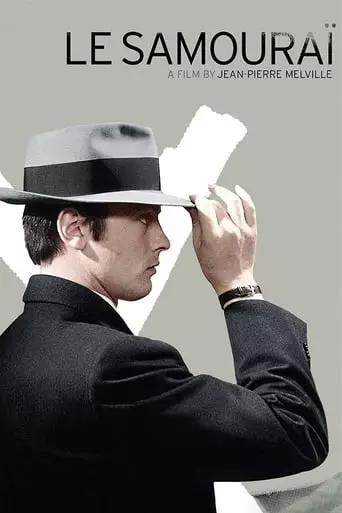
After carrying out a flawlessly planned hit, Jef Costello, a contract killer with samurai instincts, finds himself caught between a persistent police investigator and a ruthless employer, and not even […]
Jean-Pierre Melville: The Godfather of French Noir
Jean-Pierre Melville, born Jean-Pierre Grumbach on October 20, 1917, in Paris, France, is widely regarded as one of the most influential filmmakers in French cinema. Known as the godfather of French noir, Melville’s films are celebrated for their minimalist style, existential themes, and deep influence on both the French New Wave and the broader crime genre. With classics such as Le Samouraï (1967), Army of Shadows (1969), and Le Cercle Rouge (1970), Melville left an indelible mark on the cinematic world.
Early Life and Career Beginnings
Jean-Pierre Grumbach grew up in a Jewish family in Paris and developed a passion for cinema at an early age. His love for American films, particularly Hollywood gangster movies, shaped his artistic sensibilities. During World War II, he joined the French Resistance, adopting the pseudonym “Melville” in homage to the American author Herman Melville. After the war, he kept the name as his professional moniker.
Melville’s path to filmmaking was unconventional. Without formal training, he began making films independently, outside the established French studio system. His debut feature, Le Silence de la Mer (1949), adapted from a novel by Vercors, was a quietly powerful exploration of moral resistance during the Nazi occupation. Shot on a shoestring budget, the film demonstrated Melville’s resourcefulness and artistic vision, earning critical acclaim and establishing him as a filmmaker to watch.
A Pioneer of Independent Cinema
Melville’s early career was defined by his defiance of the traditional French film industry. He embraced a guerrilla approach to filmmaking, often shooting on location with small crews and using natural lighting. This independent ethos inspired many of the French New Wave directors, including Jean-Luc Godard, François Truffaut, and Claude Chabrol, who admired his willingness to break free from convention.
Melville’s influence on the French New Wave extended beyond his filmmaking techniques. His film Bob le Flambeur (1956), a stylish heist movie, is considered a precursor to the movement, blending American gangster tropes with a distinctly French sensibility. The film’s use of Parisian locations, improvisational style, and antihero protagonist resonated with the New Wave directors, who saw Melville as a kindred spirit.
The Aesthetic of Cool: Crime and Noir
Melville’s true mastery emerged in the 1960s, when he turned his attention to the crime genre. His films during this period, often referred to as French noir, are characterized by their sparse dialogue, meticulous compositions, and existential undertones. Melville’s protagonists—stoic, solitary figures bound by their own codes of honor—reflect his fascination with themes of loyalty, betrayal, and fate.
Le Doulos (1962): This taut, morally ambiguous thriller stars Jean-Paul Belmondo as a career criminal navigating a web of deceit and treachery. Its intricate plot and moody atmosphere set the stage for Melville’s later crime masterpieces.
Le Samouraï (1967): Perhaps Melville’s most iconic film, Le Samouraï follows Jef Costello (played by Alain Delon), a contract killer whose cool demeanor and strict adherence to his own code of ethics define the archetypal Melville protagonist. With its minimalist aesthetic and deliberate pacing, the film is a masterclass in style and remains a touchstone for filmmakers exploring the crime genre.
Le Cercle Rouge (1970): A meticulous heist film featuring an ensemble cast, including Alain Delon, Gian Maria Volonté, and Yves Montand, Le Cercle Rouge exemplifies Melville’s precision and restraint. The film’s climactic heist sequence, executed with almost no dialogue, is a testament to his ability to build tension through visual storytelling.
Exploring the Resistance: Army of Shadows
In addition to his crime films, Melville revisited his experiences in the French Resistance with Army of Shadows (1969). Based on the novel by Joseph Kessel, the film offers a harrowing, unflinching portrayal of the moral complexities and sacrifices faced by members of the Resistance. Initially overlooked upon its release, Army of Shadows has since been recognized as one of Melville’s greatest achievements, praised for its somber tone and haunting realism.
Style and Themes
Melville’s films are defined by their distinctive style and recurring themes:
Minimalism: His use of sparse dialogue, restrained performances, and precise compositions creates an atmosphere of tension and introspection.
Existentialism: Melville’s characters often grapple with questions of loyalty, identity, and mortality, reflecting his philosophical approach to storytelling.
American Influence: Drawing inspiration from Hollywood noir and gangster films, Melville incorporated trench coats, fedoras, and jazz-infused scores into his work, blending American tropes with French artistry.
Moral Ambiguity: Melville’s films rarely offer clear heroes or villains, instead presenting morally complex characters whose choices reflect the ambiguity of human nature.
Legacy and Influence
Jean-Pierre Melville’s influence extends far beyond French cinema. His work has inspired filmmakers such as Quentin Tarantino, Michael Mann, John Woo, and the Coen Brothers, who have drawn on his aesthetic and thematic preoccupations. Melville’s focus on professionalism, loyalty, and the psychology of his characters continues to resonate in contemporary crime films.
Melville passed away on August 2, 1973, at the age of 55, but his films remain timeless. His ability to blend style and substance, crafting stories that are both visually striking and emotionally profound, has cemented his status as one of the great auteurs of world cinema.
Conclusion
Jean-Pierre Melville was a filmmaker ahead of his time, a visionary who bridged the gap between classic Hollywood and modern French cinema. Through his meticulous craftsmanship and philosophical storytelling, he created a body of work that transcends genre and continues to captivate audiences. Whether exploring the underworld of crime or the shadows of resistance, Melville’s films are a testament to the power of cinema to illuminate the complexities of the human condition.